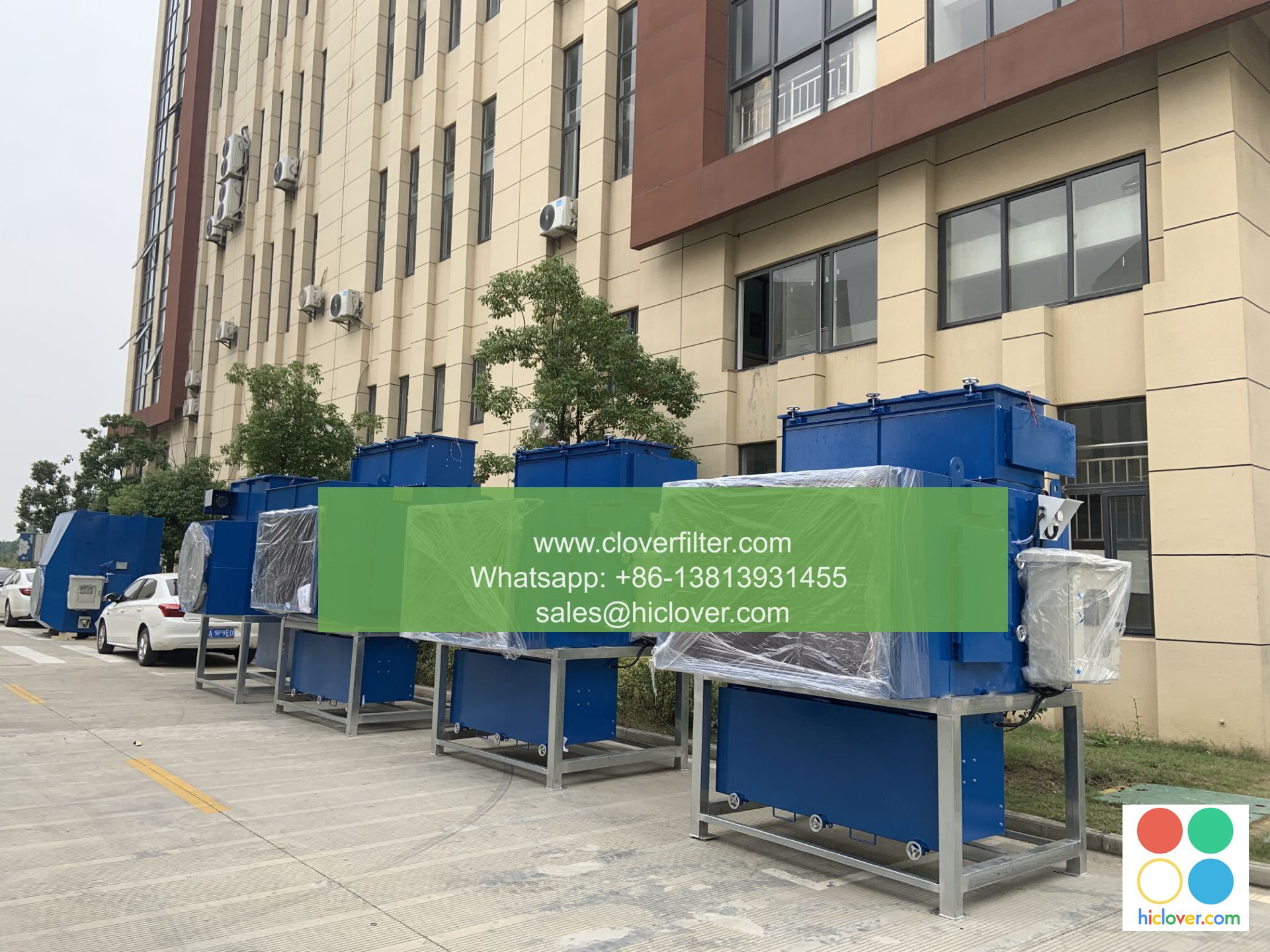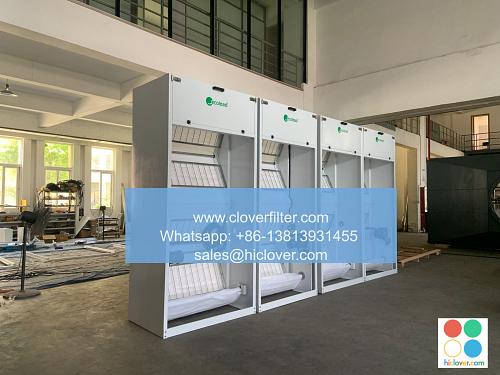The Science of Air Filter Parts: How They Remove Mold and Mildew Spores

Air filtration systems are a crucial component of maintaining good indoor air quality (IAQ). One of the primary concerns for homeowners and businesses alike is the removal of mold and mildew spores from the air. In this article, we will delve into the science behind air filter parts and their role in eliminating these harmful microorganisms.
Understanding Mold and Mildew Spores
Mold and mildew are types of fungi that thrive in damp environments. They produce spores, which are tiny, airborne particles that can cause a range of health problems, from allergic reactions to respiratory issues. Mold remediation and mildew control are essential for maintaining a healthy indoor environment. Air filter parts play a critical role in this process by capturing and removing mold and mildew spores from the air.
The Science Behind Air Filter Parts
Air filter parts are designed to work together to remove airborne contaminants, including mold and mildew spores. The key components of an air filtration system include:
* HEPA filters (High Efficiency Particulate Air): These filters are capable of capturing 99.97% of particles as small as 0.3 microns, including mold and mildew spores.
* Activated carbon filters: These filters are designed to remove odors, gases, and chemicals from the air, including volatile organic compounds (VOCs) that can contribute to mold growth.
* Pre-filters: These filters capture larger particles, such as dust and dirt, and help to extend the life of the HEPA filter.
* UV light technology: This technology uses ultraviolet light to kill mold and mildew spores, as well as other microorganisms.
Application Areas
Air filter parts have a wide range of applications, including:
* Residential HVAC systems: Air filtration systems are essential for maintaining good IAQ in homes and apartments.
* Commercial HVAC systems: Air filtration systems are critical for maintaining good IAQ in offices, schools, and other commercial buildings.
* Industrial applications: Air filtration systems are used in a variety of industrial settings, including manufacturing facilities and warehouses.
* Healthcare facilities: Air filtration systems are essential for maintaining a sterile environment in hospitals, clinics, and other healthcare facilities.
Benefits of Air Filter Parts
The benefits of air filter parts are numerous, including:
* Improved IAQ: Air filtration systems help to remove airborne contaminants, including mold and mildew spores, from the air.
* Reduced allergy and asthma symptoms: By removing mold and mildew spores from the air, air filtration systems can help to reduce allergy and asthma symptoms.
* Increased energy efficiency: Air filtration systems can help to reduce the workload on HVAC systems, leading to increased energy efficiency and cost savings.
* Extended equipment life: Air filtration systems can help to extend the life of HVAC equipment by removing airborne contaminants that can damage the equipment.
Conclusion
In conclusion, air filter parts play a critical role in removing mold and mildew spores from the air. By understanding the science behind air filter parts and their application areas, we can better appreciate the importance of these systems in maintaining good IAQ. Whether you are a homeowner, business owner, or facility manager, air filtration systems and air purification systems are essential for maintaining a healthy and safe indoor environment. By investing in a high-quality air filtration system, you can help to remove mold and mildew spores from the air and improve the overall health and well-being of occupants. You haven’t provided a question or topic for me to discuss. Could you please provide more context or specify what you would like to talk about? I’ll do my best to provide a helpful and informative response. What’s on your mind?

